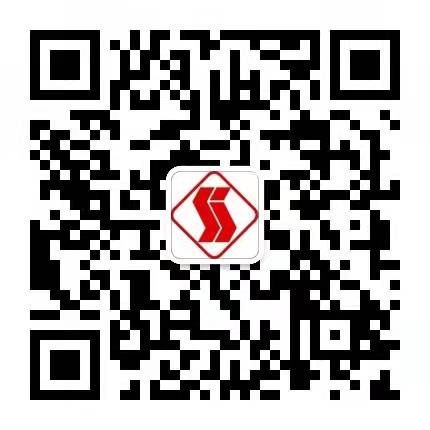Model: BLR-1 BLR-1M BLR-24 BLR-42
Sensitivity: 100 ~ 1000kg # 1mV / V
Nonlinearity: ± 0.5% ro
Repeatability error: 0.5% ro
Bridge resistance: 640 Ω
BLR-1 BLR-1M BLR-24 BLR-42 Load cell sensor
Product introduction of BLR-1 Load cell sensor
Complete specifications
High natural frequency
BLR - 1m is sealed type
technical parameter
Sensitivity: 100 ~ 1000kg # 1mV / V
1.5mv/v above 1000kg
Nonlinearity: ± 0.5% ro
Repeatability error: 0.5% ro
Bridge resistance: 640 Ω
Excitation voltage: up to 10V (AC or DC)
Up to 12V (AC or DC; BLR - 1m)
Operating temperature: - 10 ~ + 55 ℃
Temperature zero point change: 0.4% Ro / 10 ℃
Allowable overload capacity: 20% RL
Water tightness: 0.02MPa (blr-1m)
Note: RO is rated output (excitation voltage = 10V)
RL is the rated load (g = 9.80665m/s2 during test)
Product introduction of BLR-24
Fully sealed nitrogen filled type
High precision and stability
Good interchangeability
technical parameter
Sensitivity: 3MV / V ± 0.1%
Nonlinearity: ± 0.5% ro
Lag error: 0.02% ro (20 ~ 100kg 0.05% RO)
Repeatability error: 0.02% ro (20 ~ 100kg 0.5% RO)
Excitation voltage: 10V ~ 12V (AC or DC) is recommended
Up to 20V (AC or DC)
Zero output: ± 1% ro
Input resistance: 350 Ω± 3.5 Ω
Output resistance: 350 Ω± 1.75 Ω
wireway: ф 9.5mm, 4-core, 3M long cable
Insulation resistance: the bridge terminal to the body is more than 5000m Ω
(20 ~ 100 kg above 2000m Ω)
Temperature compensation range: - 10 ~ + 70 ℃
Operating temperature range: - 20 ~ + 100 ℃
Temperature zero point change: 0.03% Ro / 10 ℃
Temperature output change: 0.03% Ro / 10 ℃
Allowable overload capacity: 50% RL
Note: RO is rated output (excitation voltage = 10V)
RL is the rated load (g = 9.80665m/s2 during test)
BLR - 42 load cell
Product introduction
The important role of sensor in modern science and technology has been fully recognized. It is an indispensable and important means in the field of technology and the primary link to realize testing and automatic control.
Sensor is widely used at home and abroad. It takes resistance strain gauge as the conversion element to convert non electric parameters such as force, pressure, displacement, acceleration, torque and so on into electric quantity. It mainly has the following characteristics:
S-shape
Simple structure
Higher performance price ratio
High precision and wide measuring range
Good frequency response
Simple structure, small size and light weight
It can work in harsh environments such as high temperature, low temperature, high pressure, strong vibration, strong magnetic field and nuclear radiation.
technical parameter
Sensitivity: 1mV / V
Nonlinearity: ± 0.03% ro
Lag error: ± 0.03% ro
(20~50kg±0.05%RO)
Repeatability error: 0.02% ro
(20~50kg±0.03%RO)
Creep: ± 1% Ro / 30min
Excitation voltage: 10V ~ 12V (AC or DC) is recommended
Up to 20V (AC or DC)
Zero output: ± 1% ro
input resistance: 350 Ω± 3.5 Ω
Output resistance: 350 Ω± 1.75 Ω
wireway: ф 9.5mm, 4-core, 3M long cable
Insulation resistance: the bridge terminal to the body is more than 2000m Ω
Operating temperature range: - 10 ~ + 70 ℃
Temperature zero point change: ± 0.03% Ro / 10 ℃
(20~50kg±0.05%RO/10℃)
Temperature output change: ± 0.03% Ro / 10 ℃
Allowable overload capacity: 20% RL
Note: RO is rated output (excitation voltage = 10V)
RL is the rated load (g = 9.80665m/s2 during test)
Contact: Andrew Zhang
Phone: 0086-18116465407
E-mail: sales@shanghai-automation.com
Whatsapp:
Add: No.191West Guangzhong Road, Shanghai,P. R.of China 200072
We chat
